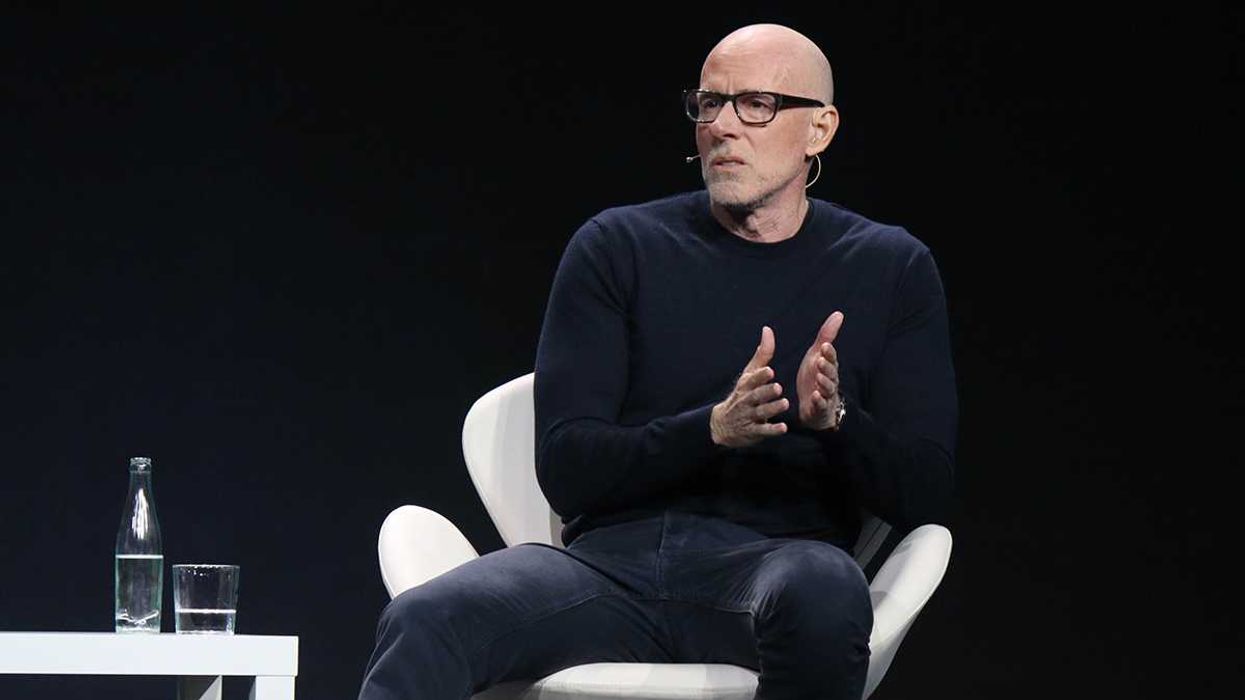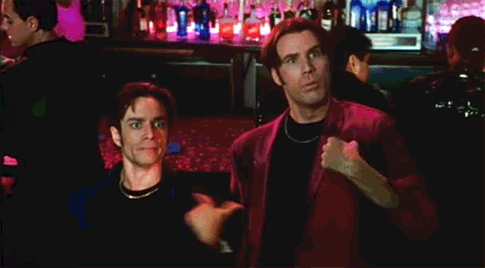When I was in high school, our physics teacher, Mr. Andresen, attempted to teach a bunch of us about the laws of thermodynamics—fundamental principles of physics, describing the behavior of the entire universe. I’m oversimplifying, but they are: Energy can be neither created nor destroyed; entropy, inevitably, breaks down all things; and the heat death of the universe awaits us all. Conceptually, it was a lot for a classroom of fidgety sophomores to grasp. Mr. Andresen simplified it even further for us: “You can’t win. You can’t break even. And you can’t even get out of the game.”
Entropy is a constant in the universe. Nothing can resist its relentless assault. By infinitesimal degrees, entropy chips, wears, and erodes our flimsy human efforts. Wheels rust and fall off. Screens flicker and die. Our bodies grow feeble and break down. Even the tallest mountains eventually crumble to dust. And thus goes the universe. Eventually, all things fall apart. Every day, every hour, every second, every thing is succumbing to entropy. And there’s nothing we can do about it. That, I think, was Mr. Andresen’s point.
It stuck in the back of my mind, even as I went off to college. I wanted to be a coder—to create software and apps for the then still new revolution of mobile technology: sleek laptops, snazzy iPads, and razor-thin phones. Entropy, though, is especially hard on the gadgets I dreamed of creating. They break or become obsolete almost as quickly as they are released. Most personal computers have a lifespan of about three years. The life of a smartphone is even shorter: 18 months. And when the hardware fails, so too does the software—a whisper of a ghost, trapped inside a dead machine.
Despite fleeting lifespans, engineers like me ravenously design more stuff every year—simply for the sake of making something newer, better, and more fashionable. Think back to every new tech release of the last few years, every new phone, laptop, smartwatch, fitness tracker, and gadget that we stood in line for hours to buy. Tech companies promise their products will change the world. Except, of course, that after the hype settles, the ‘next big thing’ winds up being just one more thing that will end up on the trash pile, entropy gnawing away at its frame. Even in college, I had a sneaking suspicion that it wasn’t enough to just make more things.
Before I left for school, my grandfather—a master craftsman and cattle rancher—handed me a toolbox. He passed away a few years ago, but in my memory my grandfather is never far from his workshop, patching things up, oiling his tools, finding a way to make something on his ranch last for just one more winter. In his world, a toolbox was almost sacred—a symbol of utility and self-reliance. Sometimes, that toolbox got more use than my books did. Out from under the protective umbrella of a parent’s care, most of the kids on my floor in college didn’t really know what to do when something fell apart. So, they started bringing their broken stuff to me.
That first year in the dorms, I rebuilt things that entropy had worn down: laptops dropped from beds, bookshelves that wouldn’t stand straight, chairs with wobbly legs. I fixed them all. And the moment that a broken laptop whirls to life again, or a shelf carries textbooks again, or a chair sits square again—that’s an amazing moment. Yes, things fall apart. But with a screwdriver and a little determination, you can put them back together again.
I went to college because I wanted to make new stuff. I left college with a passion for fixing old stuff. I’m sure there’s some sort of irony there. But somewhere along the way I realized, the world already has enough things. I often think back to what Mr. Andresen said about the laws of the universe: “You can’t win. You can’t break even. And you can’t even get out of the game.” It still rings true, though something about the formulation isn’t quite right. When you repair something, you hold entropy at bay. Not forever—just for a little while. Maybe just for one more winter, like my grandfather, or one more semester, like me. Maybe even just for one more day. But that’s enough. Because it’s one small way to fight back against the force that pulls the universe apart, and to rise above it. To put things right again.
When you fix something—just for a moment—entropy loses its iron grip on the universe. When you fix something—just for a moment—you’re the victor.
















 Self reflection.Photo credit
Self reflection.Photo credit  Older woman touching hands with a younger self.Photo credit
Older woman touching hands with a younger self.Photo credit  Sign reads, "Regrets Behind You."Photo credit
Sign reads, "Regrets Behind You."Photo credit 
 Couple talking in the woods.
Couple talking in the woods. Woman and man have a conversation.
Woman and man have a conversation. A chat on the couch.
A chat on the couch. Two people high-five working out.
Two people high-five working out. Movie scene from Night at the Roxbury.
Movie scene from Night at the Roxbury.  Friends laughing together.
Friends laughing together.
 Maya Angelou reciting her poem "On the Pulse of Morning" at President Bill Clinton's inauguration in 1993.William J. Clinton Presidential Library/
Maya Angelou reciting her poem "On the Pulse of Morning" at President Bill Clinton's inauguration in 1993.William J. Clinton Presidential Library/  First edition front and back covers and spine of "I Know Why the Caged Bird Sings."Raptis Rare Books/
First edition front and back covers and spine of "I Know Why the Caged Bird Sings."Raptis Rare Books/ 

 Tow truck towing a car in its bedCanva
Tow truck towing a car in its bedCanva  Sad woman looks at her phoneCanva
Sad woman looks at her phoneCanva  A group of young people at a house partyCanva
A group of young people at a house partyCanva  Fed-up woman gif
Fed-up woman gif Police show up at a house party
Police show up at a house party 
 A trendy restaurant in the middle of the dayCanva
A trendy restaurant in the middle of the dayCanva A reserved table at a restaurantCanva
A reserved table at a restaurantCanva Gif of Tim Robinson asking "What?' via
Gif of Tim Robinson asking "What?' via 

 An octopus floating in the oceanCanva
An octopus floating in the oceanCanva